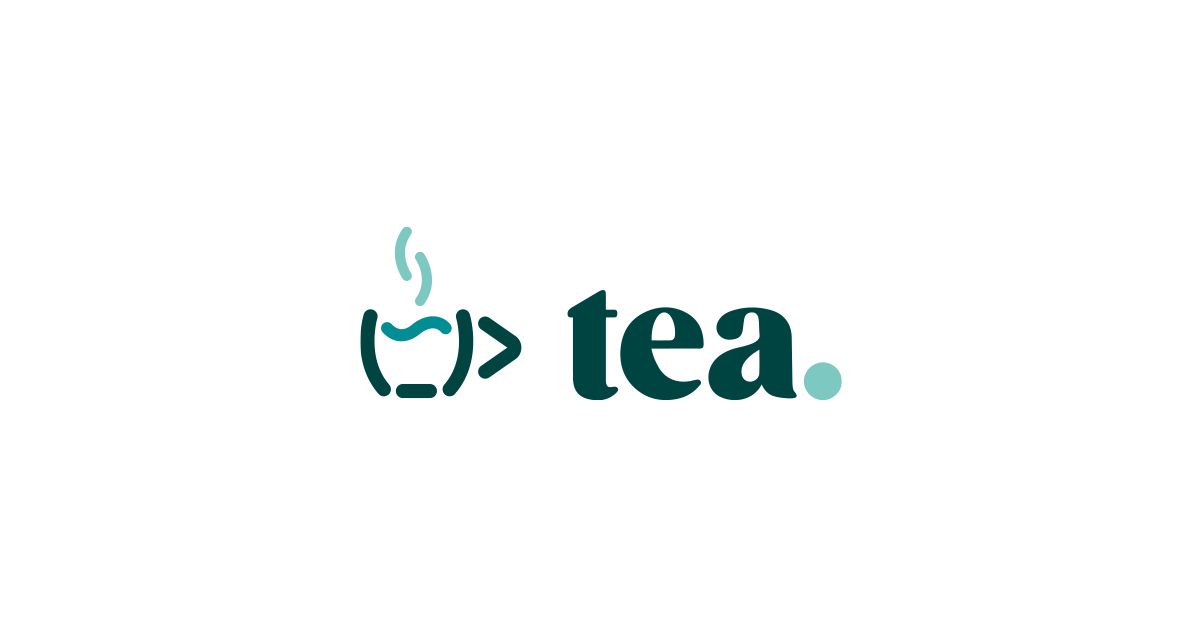💵 Funding the Development of Web 3.0
Explaining how Tea compensates creators to develop Web 3.0 projects.

Today's Highlights
- Tea - empowering creators to innovate the Web
- Learn - a couple of courses to further your knowledge in crypto.
- In Other News - a few interesting developments we're tracking.
Tea - empowering creators to innovate the Web
Tea is the base of the developer stack-seated beneath the tools that build the internet. It leverages blockchain and web3 technology to eliminate anonymity and deliver compensation.
According to Max Howell, the Co-Founder and CEO of Tea, Web 2.0 accrued on the backs of free labor by unpaid open source volunteers. Tea is working to bring together creator economy and open source. Its vision is to fund the open source and create the tools that will accelerate its creation.

Howell sees the rise of new projects in the web3 space as an opportunity to reshape how the open source developers are compensated for their work. Tea will help reward open source programmers for their contributions to web3 projects. Through digital contracts, Tea aims to distribute value to open source devs in what Howell likened to a “loyalty scheme”, wherein sponsors of open source projects can receive perks in return for their investment.
Tea’s value seems to lie in its ability to guarantee security and reliability to users of open source software projects, who in turn will be incentivized to compensate developers on Tea for those assurances. The software developed with Tea will remain free for users — a core tenet for much of the open source community — while developers will be able to earn compensation for their work indirectly, Howell said. This means that even if a sponsor doesn’t directly back a particular project, Tea’s “inflationary mechanism” will assess each project’s popularity within the community and allocate rewards proportionally across the Tea ecosystem.
A developer who wants to participate in receiving rewards would complete their project and register it to a “graph,” or database, maintained by Tea. The graph will also register any dependencies the project relied on to be built. Once a project is built, Tea creates a new security layer that will notify both the users and owners of that project if something in its stack ends up being broken.
Those participating in the Tea ecosystem can reward developers by purchasing utility tokens associated with each project, which will give the participants access to special agreements with the project’s developers.
Tea will also feature a “slashing” mechanism, wherein control of a project can be transferred from one developer to another in the event that the project needs urgent support and its creator is unwilling or unable to provide it after a designated grace period.
Tea has raised a total of $8M in funding.
📚 Learn
|
Jazz Rossi
|
|
Bina Ramamurthy
|
In Other News




